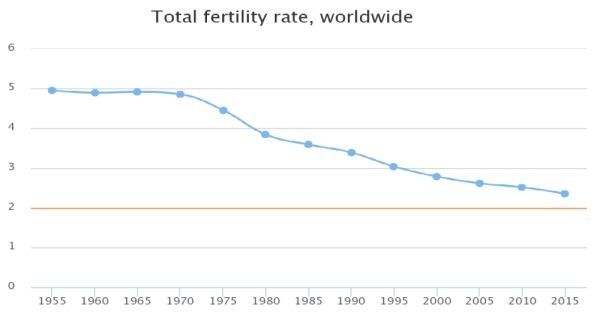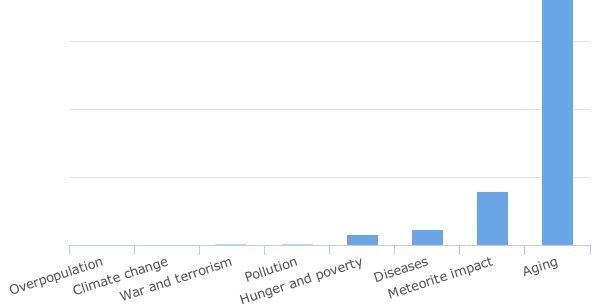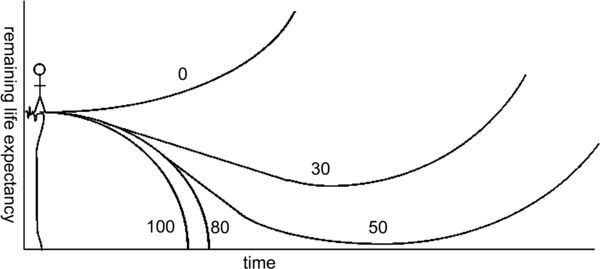Mar 31, 2018
It’s Official: A British Man Has Contracted The First Case of Untreatable ‘Super-Gonorrhea’
Posted by Shane Hinshaw in category: biotech/medical
It’s not a great feeling to know that you scared your doctors. Unfortunately for a man in the UK, he recently did so: he displayed a case of gonorrhea that so dramatically resisted treatment that it chilled his physicians.
That’s partially because gonorrhea isn’t the best thing to leave untreated. But another reason: this case is a harbinger of a looming crisis.


















